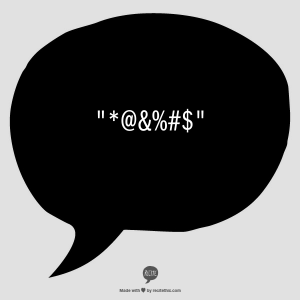“The artist finds a greater pleasure in painting than in having completed the picture.” — Lucius Seneca.
Do you dream of people buying your art masterpieces or reading your bestseller or attending your sold-out performance? Or do you picture the Most Creative Teacher of the Year Award resting on your mantle?
You’ve purchased the beret and the smock or the getup of your craft. You look marvelous. Then it comes time to study the craft. You realize it encompasses so much than you thought. Maybe God hasn’t called you to the craft.
Don’t get discouraged. Your desire may need to mature a bit. It did for me.
You’ll know you’re on the right track:
- When you connect to everything you do through the perspective of your craft.
I’m a writer. My husband looks at the price and functionality in buying a tractor for our garden. I look at its seat and visualize my grandsons riding on Grandpa’s lap. I imagine their smiles and excitement. I picture them telling their children stories about Grandpa taking them for tractor rides. I see everything through story.
An artist told me her artist’s eye never shuts down. While she reads a novel, she sees paintings.
A creative preschool teacher looks at a toilet paper roll and pictures hundreds of uses for it as a craft or a learning tool.
- When you care less and less about fame-filled success.
I want my novels to sell, yes, but am I seeking fame as a bestselling author? No. I just want to write stories that will touch others as the stories have touched me. Through my relationship with God, I believe this is where I should be.
Two artists told me how the economy has made it tough for them. For one, it’s few people signing up for her art classes. For the other, it’s few sales. In their success slumps, did they quit offering art classes or stop painting? No.
- When you jump on opportunities to learn something new about your craft.
You actually practice what you learn from conferences and workshops you attend. Your bookshelf lined with books on your craft has expanded to two shelves. And you’ve read the books.
You spend time perusing the works of your betters, soaking in how they create something marvelous. You no longer care about looking marvelous.
Tweetables
- Call yourself a writer or an artist when you view the world through your craft’s perspective.
click to tweet
- Call yourself a writer or an artist when you care more about the craft than the fame.
click to tweet
- Call yourself a writer or an artist when you dig deep into learning your craft.
click to tweet
What made you comfortable to call yourself a writer or artist?













 RSS - Posts
RSS - Posts